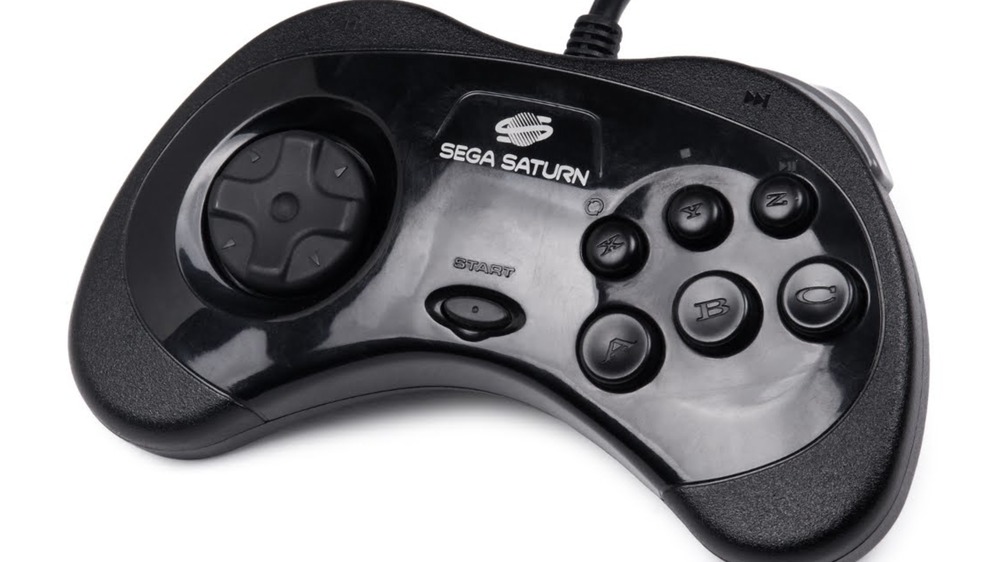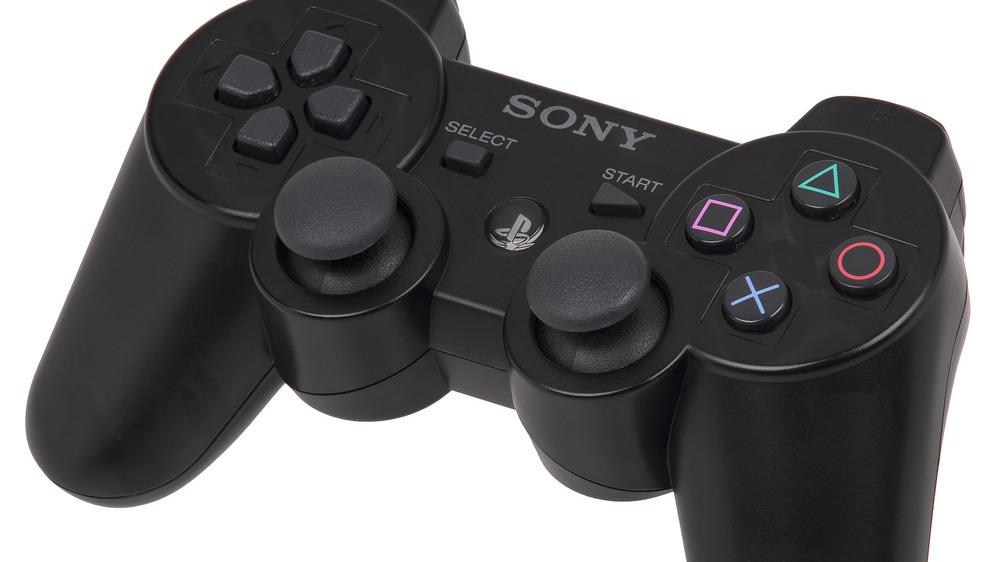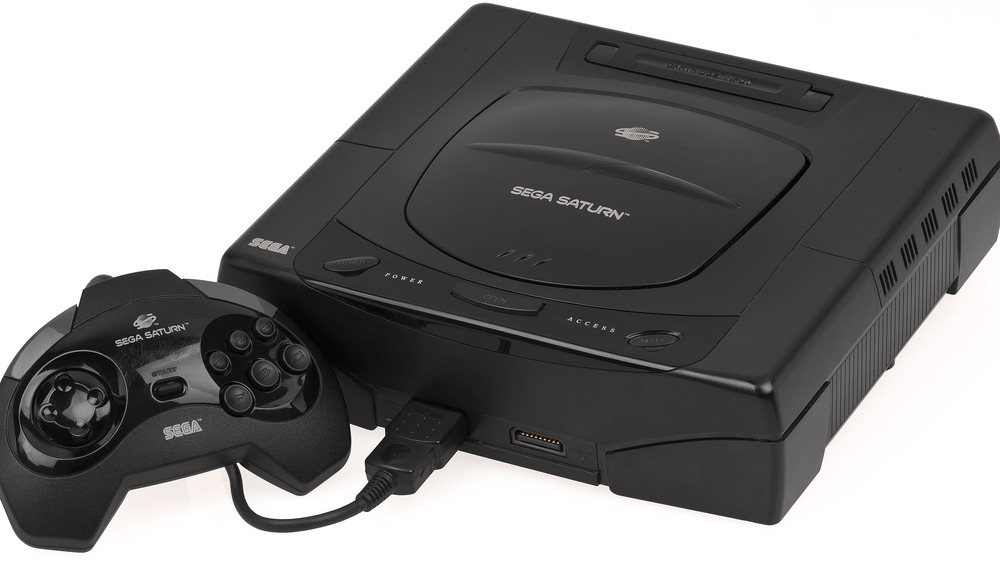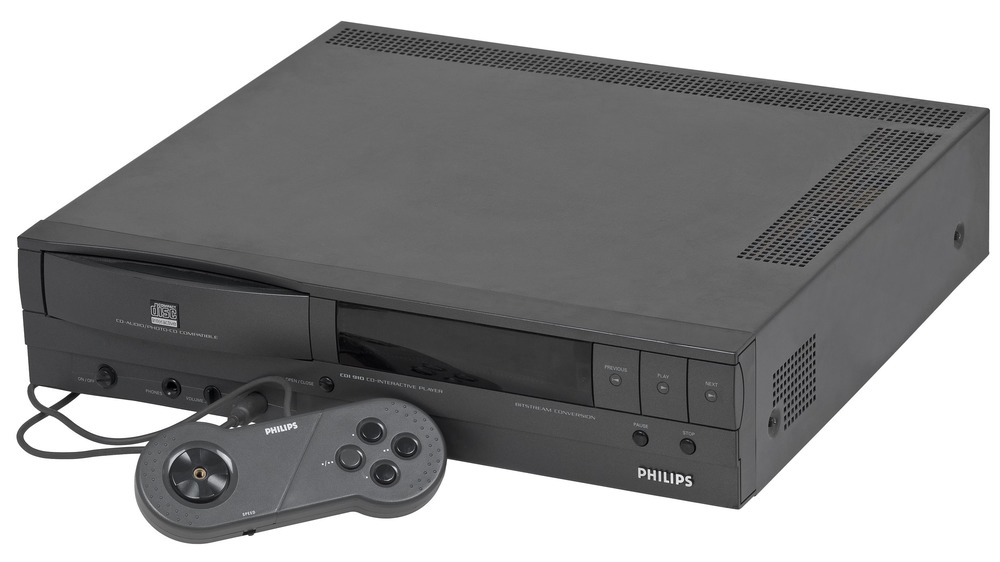Video Game Consoles That Actually Cost More Than The PS5/Series X At Launch
After months of rumors, the Sony PlayStation 5 and Microsoft Xbox Series X finally arrived in Nov. 2020. Both consoles feature brand new designs, especially in Sony's case, considering its previous gaming consoles were basic black systems while the PS5 is a futuristic white and black. On top of that, the latest console generation features 4K resolution and 120 frames per second, as well as custom SSD solutions that have games loading faster than ever before.
As the latest and greatest technology, gamers expected to see hefty price tags on the PS5 and Xbox Series X. In fact, the Sony console was rumored to cost between $500 and $600. Surprisingly, both consoles actually came in at $499 for the standard disc editions, while the PS5's digital version cost $399 and the Xbox Series S cost $299. In the end, retail prices typically boil down to the costs to produce the consoles, and the latest generation in gaming doesn't even come close to the prices that some past consoles have seen. Here are some consoles that cost more than the Series X and PS5 at launch, with prices adjusted for inflation.
PlayStation 3 ($639)
The PS5 is not actually Sony's most expensive console, despite its brand new design and faster-than-ever technology. The entertainment giant's PlayStation 3 had a launch price much more shocking back in 2006: $499 ($639 adjusted for inflation). A version with a larger hard drive and WiFi support cost $599 at launch. Gamers were taken aback by the hefty price tags, especially given that Microsoft's competing console, the Xbox 360, cost only $299.
As GamesRadar reported, former Sony rep Phil Harrison spoke on the PS3's high price point, attributing it to the high cost of building the machine and its difficult-to-make components, such as the Blu-Ray system. However, he also noted that he didn't think Sony was "concerned enough about Microsoft as a competitor." As a result, the PS3 had a very rocky start in terms of sales. The PS3's price later dropped by $100 to nearly match its competition.
Sega Saturn ($677)
Sega's 1994 follow-up to the Genesis, the Sega Saturn, was another example of a console launch gone bad because of its price. The base cost of the console was $399, more than twice the cost of its predecessor ($189). In an effort to beat out Sony and its original PlayStation console, Sega announced at the E3 event in 1995 that the Saturn was already in stores — a huge surprise for retailers who had not received any Saturn consoles. The Saturn's sales took a hit because of the subsequent lack of supply.
To make matters worse for Sega, Sony head of development Steve Race announced at E3 event that PlayStation's price would be $299. Consumers were turned off from the Saturn at that point. Its small selection of games, including the arcade port Virtua Fighter, was not enough to grab gamers' attention, and there was no new Sonic the Hedgehog came to bolster sales. The Saturn's price did drop to match the PlayStation's launch price, but by then it was too late.
Phillips CD-i ($1,381)
The Phillips CD-i is notorious for being one of the most expensive gaming consoles in history. The CD-based console was meant to be something of a computer for televisions, which would have been cool had it not been for the $700 price tag in 1991 — a whopping $1,381 today. The CD-i was initially planned to be a collaboration with Nintendo for Super Nintendo Entertainment System compatibility, but Nintendo broke off the deal and Phillips went ahead with a standalone release. The machine could be used for not only games, but also education, music, photos, and film, depending on the CD-i's used with the console.
The CD-i was discontinued after only five years with 570,000 units sold and the project was said to cost Phillips more than a billion dollars, as Nintendo Life reported. The console became well-known not for its innovations, but the bizarre game library. The CD-i was home to games like Hotel Mario, Link: The Faces of Evil, and Zelda: The Wand of Gamelon, all of which ranked poorly in the history of their franchises.




